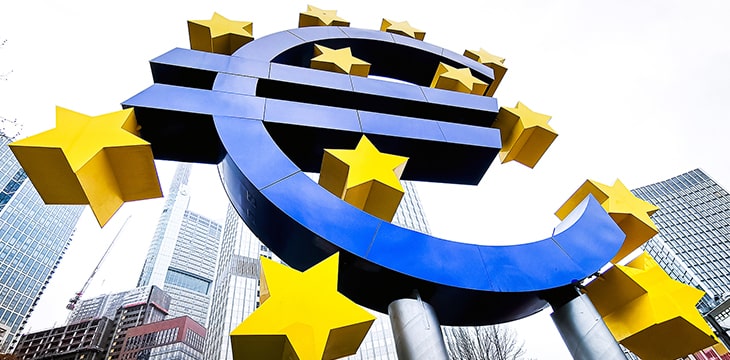|
Getting your Trinity Audio player ready...
|
The European Central Bank (ECB) has said it wants to retain a veto over private stablecoins in the bloc, in a move that would hand powers from lawmakers to the central bank.
In a formal opinion submitted to the European Commission on digital currency regulation, the ECB said lawmakers should delegate powers over regulating private stablecoins like Diem within the trading zone, allowing the bank the final say on whether these currencies are allowed to operate.
According to the opinion document published by the bank, the ECB said matters concerning the regulation of private stablecoins should fall squarely within its exclusive competence.
“Where an asset-reference arrangement is tantamount to a payment system or scheme, the assessment of the potential threat to the conduct of monetary policy, and to the smooth operation of payment systems, should fall within the exclusive competence of the ECB.”
The ECB has also requested its rulings on stablecoins be binding on national authorities, and that those issuing stablecoins should be subject to the same liquidity requirements as banks and other financial institutions.
According to the bank, the “rigorous liquidity requirements” would be required to protect redemption rights, and allow customers direct claims to reserve assets held by the stablecoin issuing entity.
The measures would help counteract the problem of stablecoin bank runs envisaged by the ECB back in September 2020, and would put the central bank in the driving seat for regulating the emerging private stablecoins sector in the EU.
Notably, ECB President Christine Lagarde is a sceptic of private stablecoins, having previously spoken out on the potential problems private stablecoins could cause to the wider monetary system. She has also ruled out central banks holding BTC, after dismissing the price speculation in digital currency markets.
The moves from the ECB would in part protect plans for a digital euro, issued as a central bank digital currency, within the bloc.
See also: CoinGeek Live panel, The Future of Banking, Financial Products & Blockchain

 02-19-2026
02-19-2026 




